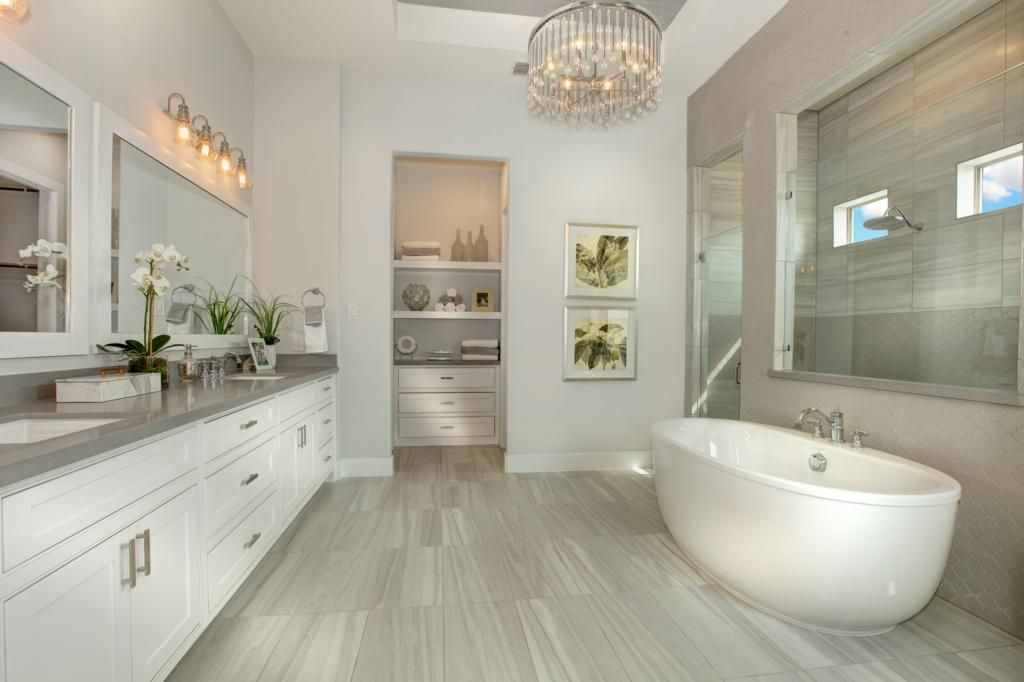In an era where technology is rapidly reshaping our everyday lives, the concept of a smart bathroom is emerging as a revolutionary trend in home and commercial settings. But what is a smart bathroom? At its core, a smart bathroom integrates advanced technology and innovative design to enhance functionality, comfort, and efficiency. This transformation is particularly significant for industry QA professionals who are keenly focused on quality, advancements, and sustainability.
Smart bathrooms are not just about luxury; they are about creating a space that is both intuitive and environmentally friendly. As the interest in smart homes grows, so does the curiosity about how these technologies can be applied to one of the most personal spaces in our homes. The integration of smart technology in bathrooms is designed to improve hygiene, water efficiency, and user experience, aligning perfectly with the goals of QA professionals striving for excellence.

The Components of a Smart Bathroom
Smart bathrooms consist of several key components that work together to create an optimized experience. Here are some of the essential elements:
1. Intelligent Toilets
Intelligent toilets are equipped with features like automatic cleaning, heated seats, and self-deodorizing systems. Some advanced models even offer health monitoring features, which can provide users with valuable insights into their well-being.
2. Smart Showers
Smart showers allow users to customize water temperature, flow, and even lighting through a connected app. These systems are designed to conserve water without compromising on the bathing experience, making them a crucial component for sustainable living.
3. Automated Faucets and Mirrors
Automated faucets and mirrors enhance user convenience while promoting water conservation. Features like touchless operation and integrated LED lighting reflect the sophistication and efficiency of a smart bathroom.
The Role of Industry QA in Smart Bathrooms
For Industry QA professionals, the emergence of smart bathrooms presents unique challenges and opportunities. The focus is not only on the functionality and reliability of these technologies but also on their compliance with safety standards and environmental regulations.
Ensuring Quality and Safety
Quality assurance is paramount in the development and implementation of smart bathroom technologies. QA professionals must ensure that these systems are safe, reliable, and meet the highest industry standards. This involves rigorous testing and certification processes.
Sustainability and Efficiency
With growing concerns about environmental sustainability, smart bathrooms offer solutions that significantly reduce water and energy consumption. Industry QA plays a critical role in auditing these technologies to ensure they meet sustainability goals. Learn more about the benefits of water-efficient bathroom fixtures.
Challenges and Considerations
While the benefits of smart bathrooms are undeniable, there are also challenges that must be addressed. Initial installation costs can be high, and there is a need for ongoing maintenance and updates to keep systems running smoothly.
Data Privacy
As with any connected device, data privacy is a significant concern. Smart bathrooms collect a range of data, and ensuring this data is protected is a top priority for manufacturers and users alike.
Cost vs. Benefit
The initial investment in smart bathroom technology can be substantial. However, the long-term savings in water and energy, coupled with the enhanced user experience, often justify the cost. It's also crucial for developers and QA teams to consider the water sensor with adhesive technology for leak detection and prevention.
The Future of Smart Bathrooms
Looking ahead, the future of smart bathrooms is promising. As technology continues to evolve, we can expect even more innovative features that will further enhance the functionality and sustainability of these spaces. Industry QA teams will be at the forefront of ensuring these advancements meet consumer expectations and regulatory standards.
Integration with Smart Homes
Smart bathrooms will increasingly be integrated with other smart home technologies, creating a seamless and interconnected living environment. This integration will allow for greater control and customization, offering users a more personalized experience. Discover more about bathrooms of the future from UTS.
Health Monitoring
Future smart bathrooms may include advanced health monitoring capabilities, providing users with real-time health data and alerts. This could revolutionize personal healthcare and wellness.

FAQ
What are the main benefits of a smart bathroom?
Smart bathrooms offer enhanced convenience, improved hygiene, water and energy efficiency, and the ability to customize user experiences.
How does a smart bathroom conserve water?
Smart bathrooms use technologies like automated faucets and showers that minimize water usage without compromising performance. They also include leak detection systems to prevent water wastage.
Are smart bathrooms expensive to maintain?
While the initial setup cost can be high, smart bathrooms are designed for long-term savings in water and energy. Maintenance costs are generally low, especially with regular updates and proper care.






